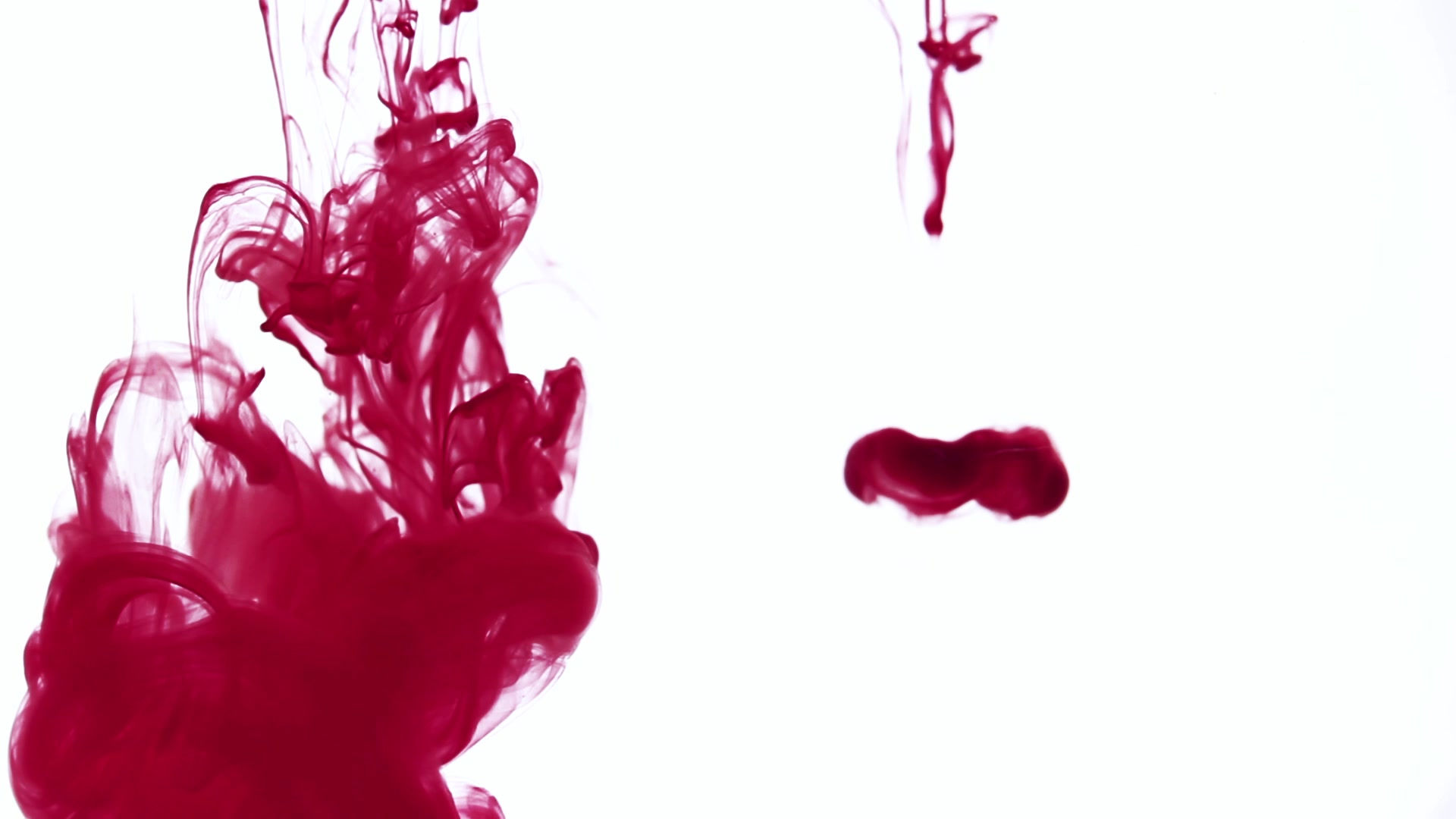Understanding the Importance of Tattoo Deposits
- jctat2
- Apr 28, 2025
- 4 min read
Updated: Jun 24, 2025
Tattoo deposits are a crucial aspect of the tattooing process that many clients may overlook. While getting a tattoo is an exciting experience, understanding why deposits matter is essential for both clients and artists. This blog post will explore the significance of tattoo deposits, what they entail, and how they benefit everyone involved in the tattooing process.
Tattoo Deposits
Deposits serve as a means of commitment from the client. When you place a deposit, it shows that you're serious about getting your tattoo. This is particularly important for tattoo artists who often invest time, energy, and resources into each design. Let's take a deeper look at why these deposits are necessary.
Tattoo artists typically have busy schedules. They often book appointments weeks or even months in advance. A deposit helps secure your spot on their calendar. Without it, there's a higher chance of clients canceling last minute, leaving artists with gaps in their schedule. This can lead to significant financial losses for the artist.
In some cases, deposits can also help cover the costs of materials. Tattoos require specific inks, and the preparation of designs can take considerable time. This is particularly true for custom designs, where the artist spends extra time refining your idea. Therefore, a deposit not only solidifies your booking but also helps to offset these initial costs.
How Tattoo Deposits Work
When you opt to get a tattoo, your artist will typically require a deposit before beginning any work. The amount can vary widely, generally ranging from $50 to $200 or more, depending on the artist's experience and the studio's policies. Once you pay the deposit, it usually goes toward the total cost of your tattoo.
Tattoo deposits are typically non-refundable. This policy exists to compensate artists for lost time if clients cancel or reschedule without sufficient notice. In most cases, studios will have a cancellation policy, so it’s essential to read the fine print before confirming your appointment.
If you need to reschedule and contact your artist ahead of time, many will allow you to transfer your deposit to a future appointment. However, failing to communicate can lead to losing your deposit altogether.
It's widely accepted that deposits lead to a more respectful relationship between artist and client. Artists invest a significant amount of time and effort into their craft. When clients commit by providing a deposit, it shows that they value the artist's work. This often results in better communication and a smoother tattooing process.
Is $200 an Hour a Lot for a Tattoo Artist?
The tattoo industry can be lucrative, but prices vary significantly. Many tattoo artists charge an hourly rate for their work. Is $200 an hour a lot for a tattoo artist? To answer this, we must consider several factors.
First, let's look at the artist's experience. Established artists with a strong reputation can command higher rates. In contrast, newer artists might charge less as they build their portfolios. According to a survey by the Tattoo Industry Association, the average tattoo hourly rate can range from $100 to over $250, depending on the artist's skill level and location.
Additionally, geographic location plays a significant role in pricing. Urban areas often have higher costs of living, which can reflect in the tattoo prices. For instance, clients in Los Angeles or New York City may pay considerably more compared to smaller cities or rural areas.

Ultimately, paying $200 an hour may seem steep, but it can also indicate a higher quality of art. More experienced artists are likely to produce better work, minimize risks of infection, and provide superior aftercare advice.
Benefits of Tattoo Deposits for Artists
Tattoo deposits offer numerous benefits for artists beyond securing their schedule. Here are some of the most important advantages:
Financial Security: Artists often face income instability, especially if clients cancel without notice. A deposit can provide a buffer against these losses.
Professional Commitment: When clients pay a deposit, it demonstrates genuine interest in the tattoo. This commitment encourages artists to invest their time and energy into creating a beautiful piece of art for their client.
Better Scheduling: A deposit system helps artists strategize their schedules better. Artists can allocate time effectively, knowing that their appointments are more likely to show up.
Enhanced Client Relationships: Clients who provide deposits often develop a stronger connection with their artists. This mutual respect leads to better communication and collaboration over the design.
What Clients Need to Know About Deposits
For clients, understanding tattoo deposits is essential. Here are some key points to consider:
Research Studios: Before booking an appointment, research various studios to find one that aligns with your needs. Pay attention to their deposit policies, as these can differ greatly among artists.
Communicate Often: If you have any changes in your plans, contact your tattoo artist as soon as possible. Most artists appreciate open communication and will work with you to reschedule.
Understand the Terms: Review the studio’s cancellation policy before agreeing to a deposit. Knowing the terms helps ensure that there are no misunderstandings later.
Be Prepared for Comfort: Getting a tattoo is a personal experience, and it should be comfortable. Do your research beforehand, so you feel confident about your choice.
By following these guidelines, clients can not only strengthen their relationship with their artists but also make the tattooing process more enjoyable for everyone involved.
Wrapping Up
Understanding tattoo deposits is essential for both clients and artists. They provide financial security for artists, demonstrate commitment from clients, and foster better relationships. By following best practices and communicating clearly, everyone can have a more rewarding tattooing experience. Whether you're a seasoned collector or getting your first tattoo, knowing the ins and outs of deposits will prepare you for your exciting journey in the tattoo world.





Comments